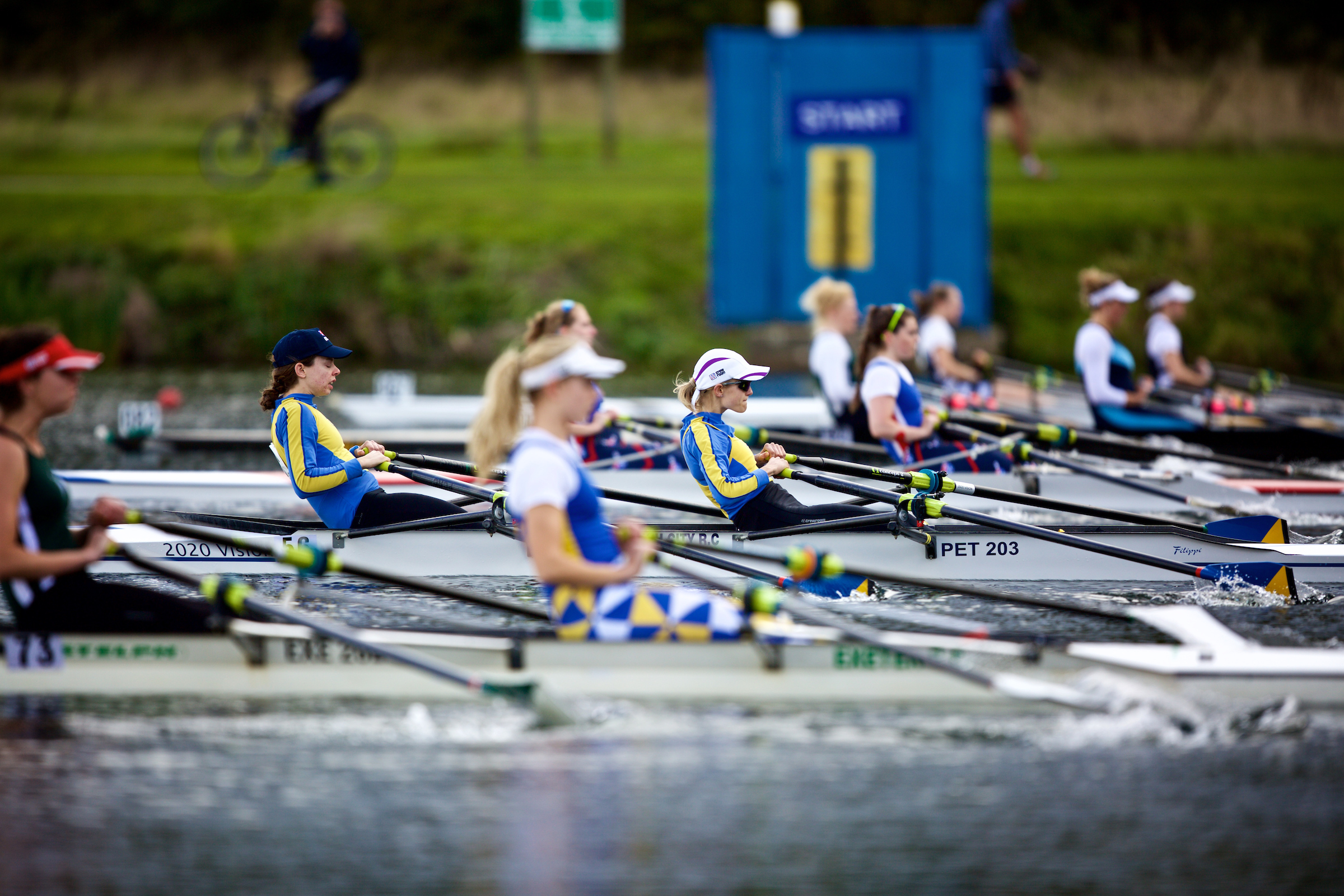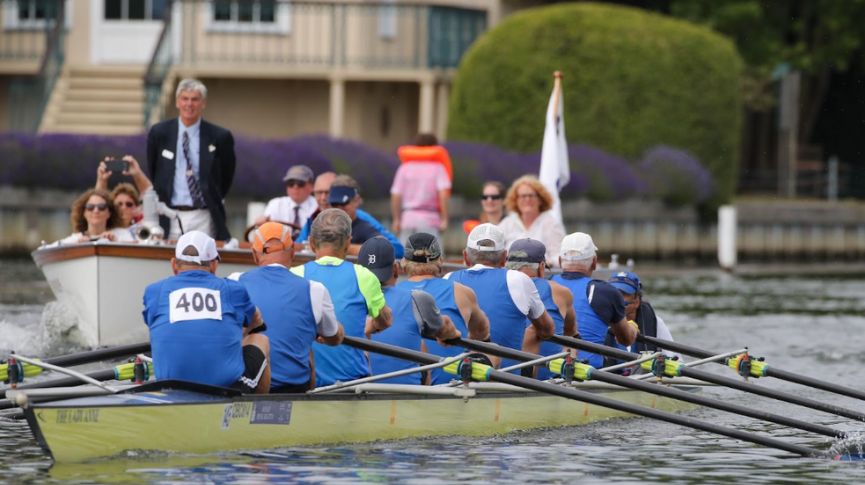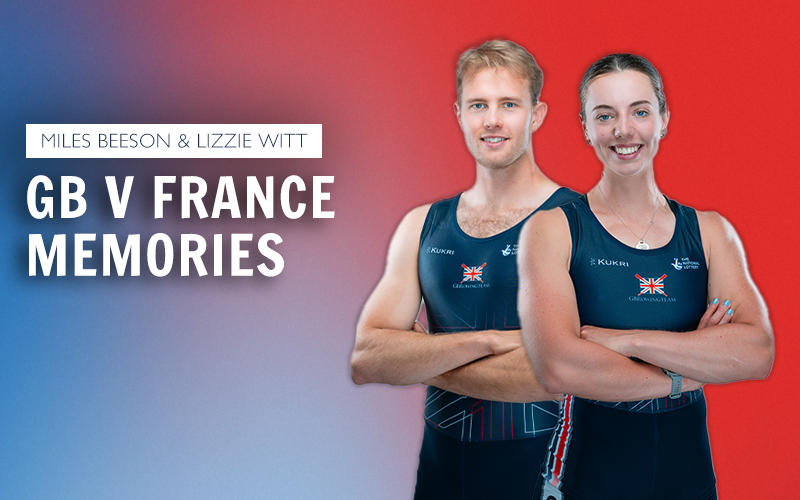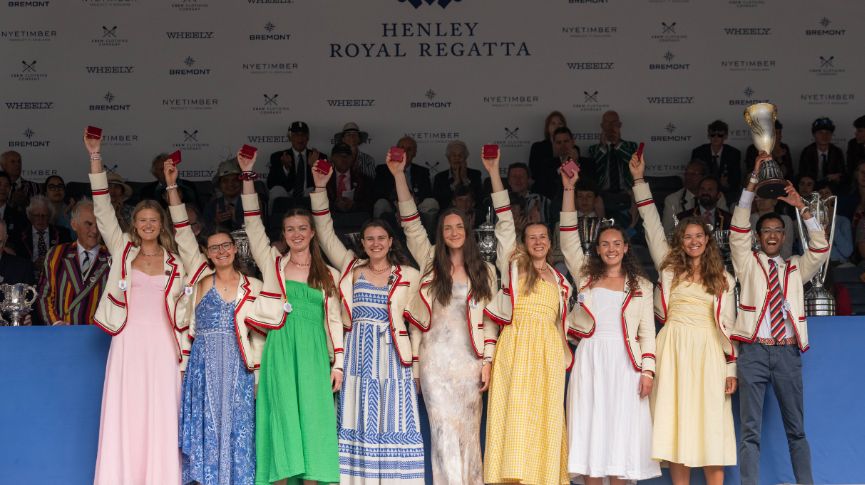Competition Framework mythbusters – wave two
Here, we tackle the next wave of myths around the Competition Framework. If you’ve got a question or feedback on the Competition Framework, email us.

(c) Naomi Baker
Last week, we brought you the first instalment of the Competition Framework mythbusuters. If you missed these, you can catch them here.
Here, we bring you wave two of our the Competition Framework mythbusters. If you’ve got a question or feedback on the Competition Framework, please email us.
8. “You’ll have a better chance of winning at regattas if you avoid picking up Ranking Points by not competing in head races.”
We feel this is a pretty risky strategy, for a number of reasons. As any coach will tell you, the most effective way of preparing for a successful regatta season is to train well over the winter, and that a crucial part of this is to gain valuable race experience by entering and performing well at head races.
We also know that rowers enjoy racing, so it’s unlikely that both coaches and rowers will be willing to forego a head season just to avoid a few Ranking Points. And with some of the more prestigious competitions looking at setting a minimum threshold of Ranking Points for entry, it really may not work in their favour.
On the off-chance that some clubs or crews may still try this, the system includes a feature called PRI Max, which helps competitions identify rowers that have not been racing very much and might be more able than their Personal Ranking Index indicates.
9. “You won’t know which event you’ll be rowing in when you enter – only when the draw is published.”
In some ways this is true. With some competitions you will know which event you are entering, as in ‘Open Single Sculls’ but not which specific event band you’ve been placed in. The competition will decide on the bands once the entries are closed, with this banding process allowing them to match crews of similar ability and competence, using their Personal Ranking Index as their guide.
A very similar experience to this exists under the old system too. Some regattas run time trials, with crews entering an event ‘blind’, racing the time trial and then being put into an appropriate final event based on that performance. So the new system is effectively a more efficient way of doing this.
Bear in mind that regattas and heads using the old Status Points system also move crews around to facilitate competition and ensure enough entries in events. Entering is only an indication of where you would like to race; competitions can and have always moved crews around the events (eg. bumping an IM.3 crew up to an IM.2 event), and frequently do.
10. “You won’t need to show your British Rowing membership card at regattas or heads any more.”
Currently, it is still a requirement of the British Rowing Rules of Racing that you take your British Rowing membership card with you to competitions, for identification purposes.
When we launch the new Competition Framework, your British Rowing online account will be the principle record of points so your membership card won’t show your Personal Ranking Index or any kind of points. In future we may look at other methods to provide proof of identity but for the time being. Please make sure you have your British Rowing membership card when racing.
We’re also looking into providing members with more modern, laser-etched cards, as well as a mobile phone version.
11. “Coxes will get Ranking Points which will count to the overall crews.”
Coxes will gain the same ranking points as the rest of the crew but these will not count towards the crew’s Crew Ranking Index (CRI). This means there’s no risk of an experienced cox ‘overpointing’ a less experienced crew, or an opportunity for an experienced crew to reduce their overall CRI by using an inexperienced cox.
Coxes that row, and rowers that cox, will have a separate sweep PRI, sculling PRI and coxing PRI. If you cox a boat in a race, the ranking points will go only to your coxing PRI, and if you row in a race the point will only go to your sweep or sculling PRI.
The allocation of coxing ranking points is to reward and recognise the contribution coxes make to a crew’s performance, to create a measure of a cox’s experience and ability, and to provide them with race history. It was added following substantial favourable feedback from coxes, and we think it’s a really important new feature.
It also creates the opportunity for individuals to be rowing’s equivalent of the all-rounder, and it will be really interesting to see how many people can pick up ranking points in all three PRI areas!
12. “The Ranking Index doesn’t apply to juniors or masters.”
Masters and Junior rowing are keeping the current age bands for racing but will be allocated ranking points on the same basis as Seniors.
This will mean that if they race in Senior events they can be placed in a suitable event band.
It will also mean that Junior and Masters events can use the ranking index to subdivide events instead of using the likes of Masters IM3 or Junior A and B.
13. “British Rowing will publish my ranking so that everyone will want to see it.”
In due course, it is British Rowing’s ambition that everyone will be able to see their own Ranking Points and that of everyone else. This is so you can see where you rank in relation to the rest of your club, region or nationally. Athletics, cycling, tennis and many other sports do this, and we think that will be a really interesting and valuable development in the sport
We envisage that only total Ranking Points will be visible publically, not the detail behind them, and we are taking guidance to ensure we following best practice in the capture and display of personal information.
14. “The rower with the most Ranking Points at the end of the season will win a prize.”
There seems to be quite a lot of interest among the rowing community in this, so we’re currently looking into how it might work, as well as the feasibility of having national and regional club Ranking Point leagues at all levels.
We’ll be sure to consult more widely before we do anything in this area, but it’s great that people are starting to see the potential and opportunities for the new Competition Framework to bring new, exciting and engaging elements to the sport.
To be in the know about the new Competition Framework, follow us on Twitter and check out our dedicated news section for all the latest updates. If you’ve got a question or feedback on the Competition Framework, please email us.







